Community Leaders
Resource Library
Featured Resources
-
%20(11).png)
Naloxone reverses opioid overdoses, but the care someone receives after that moment matters just as much. In King County, Connections Health Solutions and Emergency Medical Services (EMS) partnered to create a new approach, one that focuses on safety, dignity, and connection rather than automatically sending people to emergency departments.
Connections Health Solutions Jan 23, 2026 -
%20(11).png)
Naloxone reverses opioid overdoses, but the care someone receives after that moment matters just as much. In King County, Connections Health Solutions and Emergency Medical Services (EMS) partnered to create a new approach, one that focuses on safety, dignity, and connection rather than automatically sending people to emergency departments.
Connections Health Solutions Jan 23, 2026 -
%20(9).png)
No organization can deliver effective crisis care alone. At Connections, we've learned that the operational reality of crisis stabilization depends entirely on strong, multi-sector partnerships. Before we open doors in a new market, we spend months—sometimes years—building the relationships that will become the foundation of care.
Connections Health Solutions Jan 15, 2026 -
%20(8).png)
Behavioral health has long been caught between two imperatives: delivering exceptional care and ensuring financial viability. At Connections Health Solutions, we're proving there's a third option: a model that's financially viable because it delivers on its mission.
Connections Health Solutions Jan 9, 2026
- All
- Crisis Response Center
- 23-Hour Observation
- True Cost of Behavioral Health
- Law Enforcement
- Policy
- Crisis Education
- Crisis Roadmap
- Mental Health
- Mobile Crisis Response
- Peer Support
- Youth Crisis
-
%20(11).png)
Naloxone reverses opioid overdoses, but the care someone receives after that moment matters just as much. In King County, Connections Health Solutions and Emergency Medical Services (EMS) partnered to create a new approach, one that focuses on safety, dignity, and connection rather than automatically sending people to emergency departments.
Connections Health Solutions Jan 23, 2026 -
%20(9).png)
No organization can deliver effective crisis care alone. At Connections, we've learned that the operational reality of crisis stabilization depends entirely on strong, multi-sector partnerships. Before we open doors in a new market, we spend months—sometimes years—building the relationships that will become the foundation of care.
Connections Health Solutions Jan 15, 2026 -
%20(8).png)
Behavioral health has long been caught between two imperatives: delivering exceptional care and ensuring financial viability. At Connections Health Solutions, we're proving there's a third option: a model that's financially viable because it delivers on its mission.
Connections Health Solutions Jan 9, 2026 -
%20(5).png)
Monday, November 17, 2025 marked a significant milestone for behavioral health care in Pennsylvania as we joined Montgomery County officials, mental health advocates, law enforcement, and community partners for the groundbreaking ceremony of a new emergency behavioral health crisis center in King of Prussia.
Connections Health Solutions Nov 19, 2025 -
.png)
Section 5124 of the Consolidated Appropriations Act of 2023 (CAA, 2023; P.L. 117-328) directed CMS and SAMHSA to develop guidance to promote access to the continuum of crisis care in Medicaid and CHIP and to establish a technical assistance center to help states develop an evidence-based continuum of crisis care. The following published documents and tools are intended to advance this initiative:
Connections Health Solutions Sep 30, 2025 -
.png)
The behavioral health crisis continues to strain our healthcare system, communities, and most importantly, the individuals who need care most. In a recent webinar, Dr. Margie Balfour and Matt Miller critical insights from the Connections 2025 Behavioral Health True Costs Report, revealing both the devastating impact of a current broken system and the promising solutions emerging across the country.
Connections Health Solutions Sep 3, 2025 -
.png)
When a behavioral health crisis occurs, many communities default to involving law enforcement. The result? Individuals in crisis are often taken to jails, an environment ill-suited to addressing their mental health needs. This approach not only fails the individual but also places an unnecessary burden on the criminal justice system.
Connections Health Solutions Jul 24, 2025 -
.png)
For individuals facing a behavioral health crisis, the traditional response often defaults to inpatient hospitalization. While longer-term inpatient care is sometimes necessary, it should not be the first or only solution. Most crises can be resolved quickly and effectively without the need for prolonged hospital stays, making the case for a more flexible, patient-centered approach.
Connections Health Solutions Jul 17, 2025 -
.png)
When a behavioral health crisis strikes, the emergency room is often the first place people turn for help. While emergency departments (EDs) are essential for treating physical trauma and acute medical conditions, they are not equipped to address the complex needs of individuals experiencing a mental health crisis.
Connections Health Solutions Jul 3, 2025 -
.png)
When communities face behavioral health crises, the default solutions often involve incarceration or emergency room visits. While these options might seem like the quickest route to care, they come with hidden costs that can strain the individuals in crisis, families, and healthcare systems alike. To truly address the behavioral health crisis, it’s time to reconsider how we allocate resources and explore more sustainable, impactful alternatives.
Connections Health Solutions Jul 3, 2025 -
%20(12).png)
This May, the National Council for Mental Wellbeing hosted NatCon25, a premier gathering in mental health and substance use, which brought together nearly 6,000 professionals to address critical behavioral health challenges. Our team was honored to both attend and present, engaging with a wide range of professionals dedicated to improving crisis care nationwide.
Connections Health Solutions Jun 5, 2025 -
.png)
At the recent Behavioral Health Business (BHB) Value Conference, industry leaders gathered to discuss the evolving landscape of value-based care in behavioral health. One of the standout sessions, Regulatory Changes and Policy Updates Shaping Value-Based Behavioral Health Care-featured Chris Santarsiero, Vice President of Government Affairs at Connections, alongside Peter Delia from the National Council of Mental Wellbeing and Daniel Patten from Holland & Knight. Together, they offered valuable insights on how providers, payers, and policymakers can work together to build a more sustainable, outcomes-driven behavioral health system.
Connections Health Solutions May 22, 2025 -
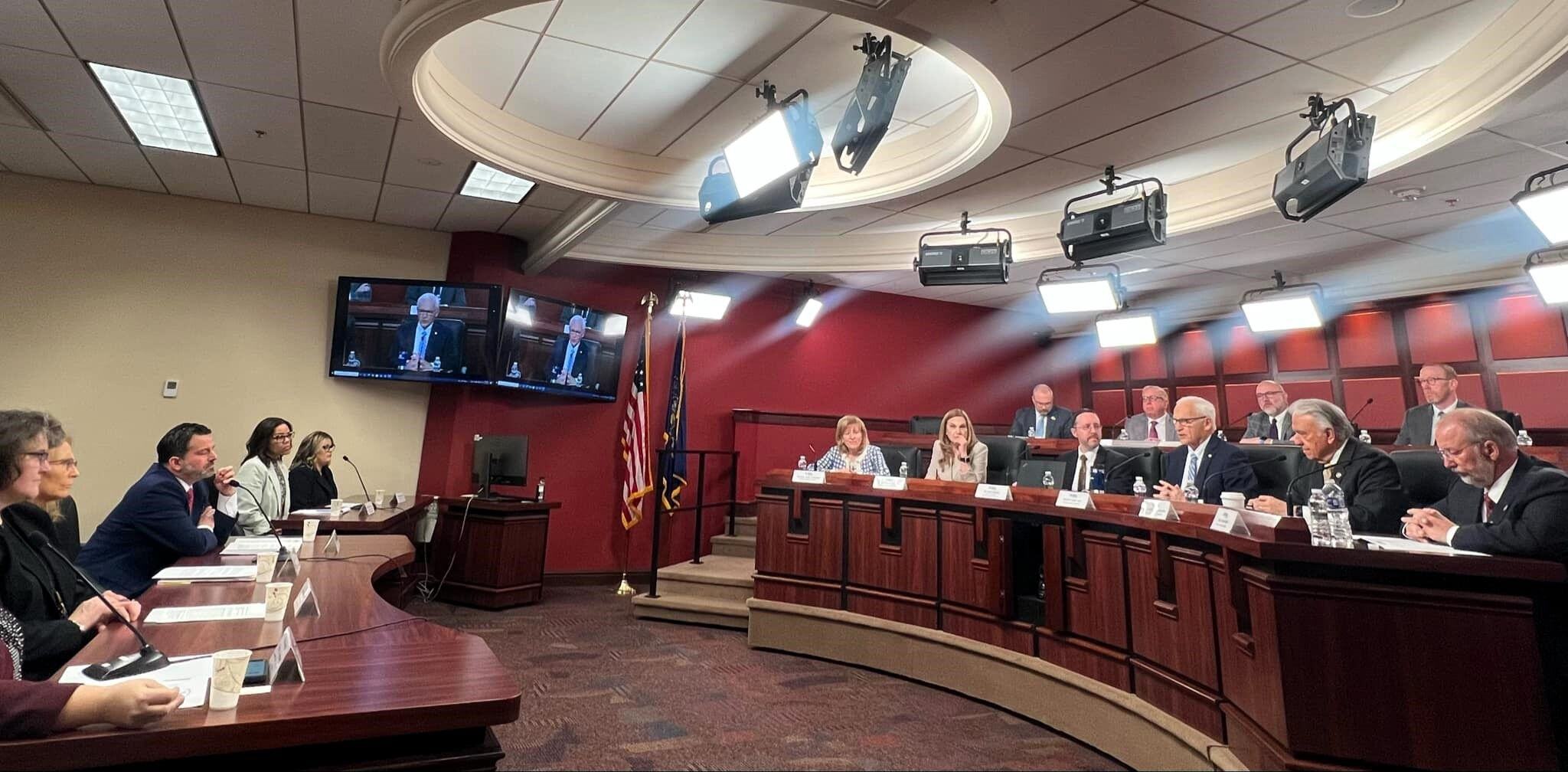
Last week, Connections team members, Kimberly Jones, MS, LPC-S, Vice President of Clinical Operations; Chris Santarsiero, Vice President of Government Affairs; and Brittney McCarthy, Strategic Account Manager, were honored to stand alongside state and county leaders at the Capitol Building in Harrisburg during a public hearing hosted by the Center for Rural Pennsylvania Board of Directors. The hearing spotlighted a vital but often overlooked issue: rural mental health.
Connections Health Solutions Apr 17, 2025 -
.png)
In a recent Crisis Jam discussion, Dr. Chris Carson, pioneer of the 23-hour observation model and Co-Founder of Connections, shared his insights on strengthening crisis care systems through the no wrong door model, medical leadership, and system-wide coordination. He emphasized the importance of direct access to psychiatric care, strong law enforcement partnerships, and operational efficiency to improve outcomes for individuals in crisis.
Connections Health Solutions Mar 28, 2025 -
.png)
Recently, Dr. Margie Balfour joined the Crisis Jam to discuss one of the most pressing issues in crisis care: voluntary versus involuntary admissions. Dr. Balfour, Chief of Quality and Clinical Innovation at Connections Health Solutions took the position that crisis facilities should accept involuntary individuals, while Travis Atkinson, Director of Clinical and Crisis Services at TBD Solutions, presented the opposing view, arguing that crisis care should focus on voluntary services.
Connections Health Solutions Mar 19, 2025 -
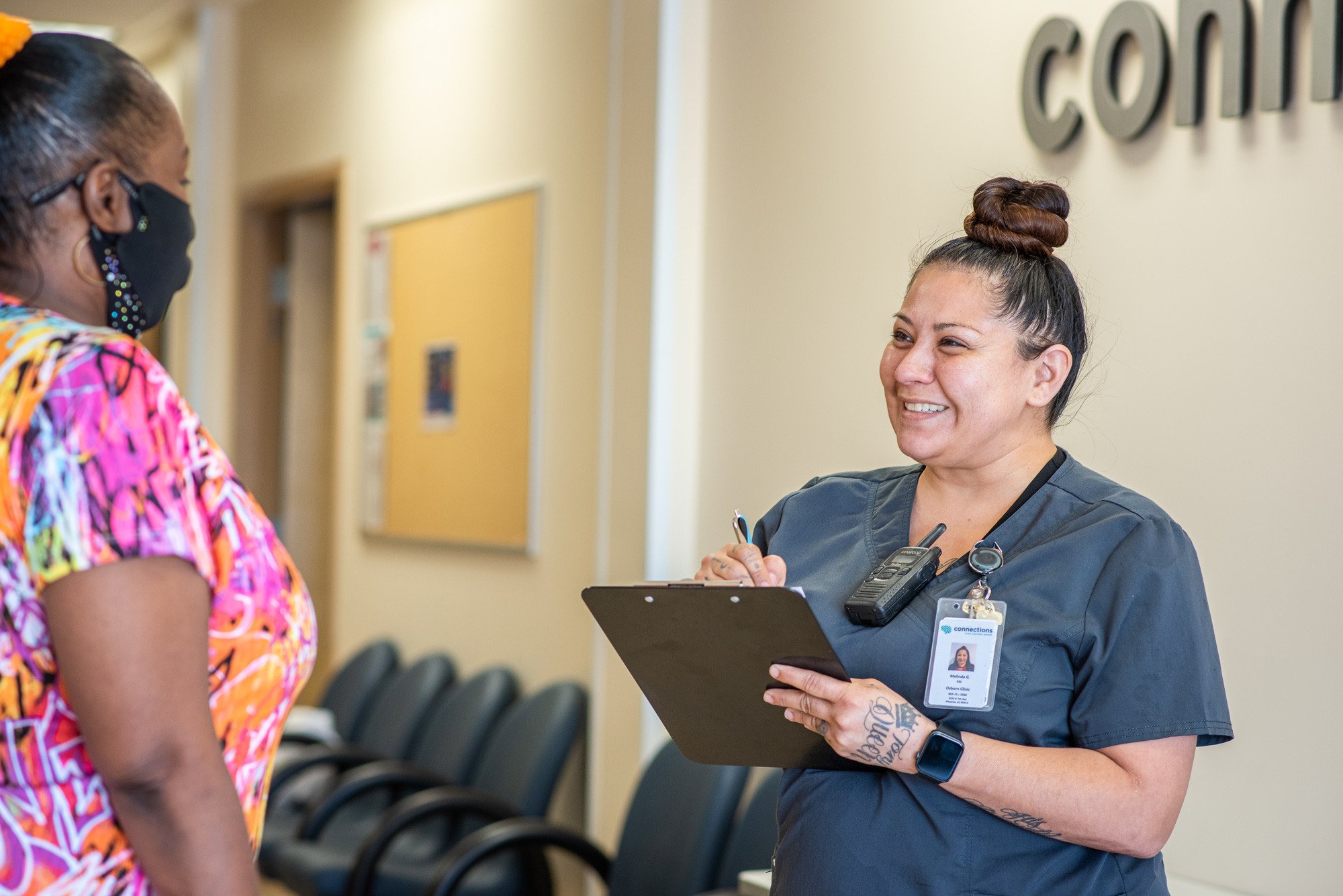
At Connections, we’re dedicated to transforming crisis care through compassionate, efficient, and personalized support. Our multidisciplinary team works together to provide tailored interventions that lead to real, lasting outcomes. By focusing not just on stabilization but also on long-term recovery, we help individuals move beyond crisis and toward healthier futures.
Connections Health Solutions Mar 13, 2025 -

As the demand for behavioral health crisis services continues to grow, it’s clear that communities need more than just additional psychiatric beds—they need fully integrated crisis systems that ensure people receive the right care at the right time. During our recent webinar, Dr. Margie Balfour and Chris Santarsiero explored how SAMHSA’s new guidelines, policy changes, and innovative crisis care models are shaping the future of behavioral health.
Connections Health Solutions Mar 7, 2025 -
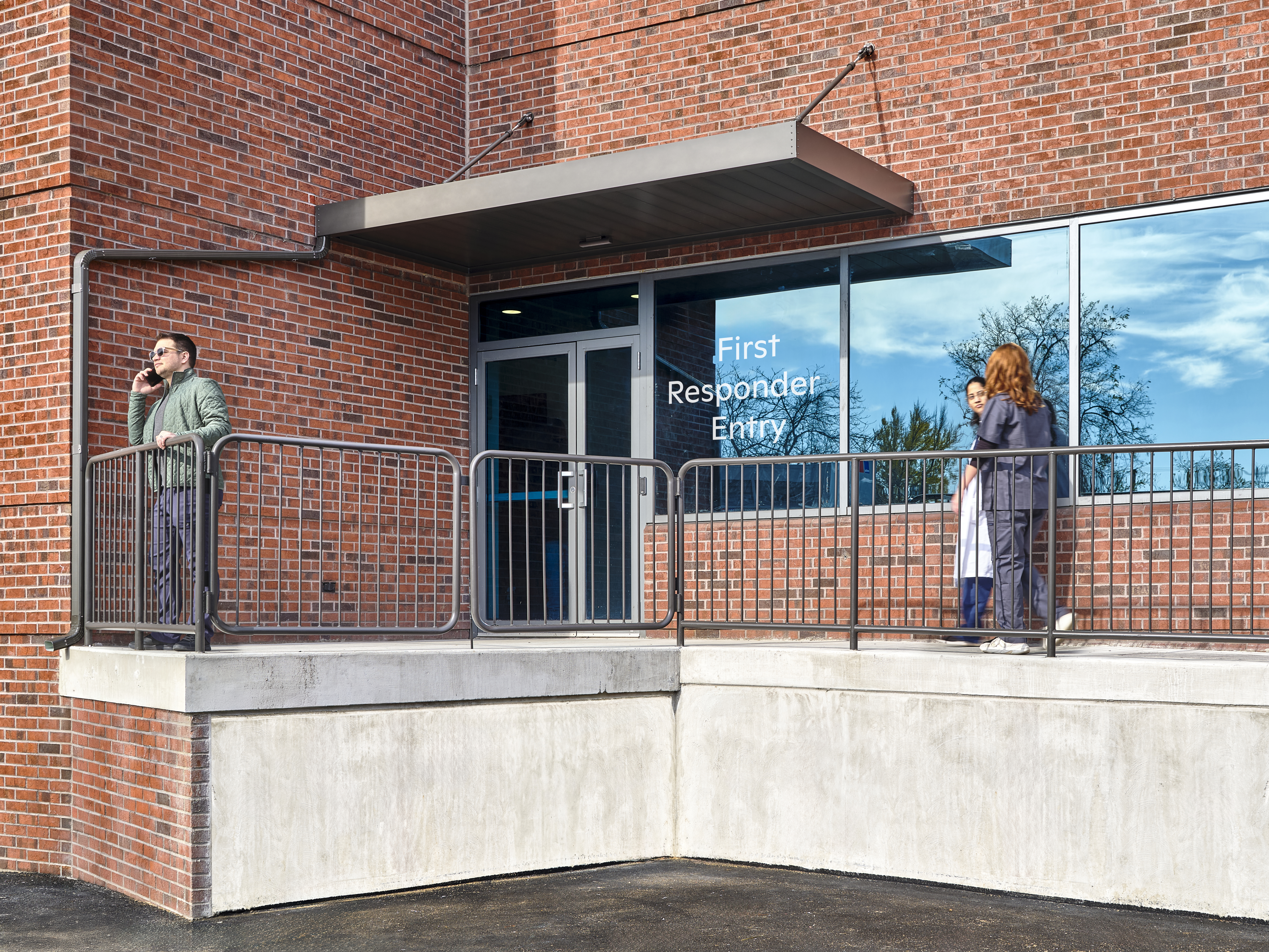
At Connections, we believe in the power of collaboration. The partnership between first responders and our crisis response teams is central to our approach to mental health and crisis care. Our goal is not only to provide immediate support but to divert individuals in crisis from jails and correctional facilities to the treatment and care they need.
When first responders address a mental health crisis, they play a crucial role in ensuring individuals receive the necessary care. Our collaboration facilitates the process, providing a smooth transition from the crisis scene to a treatment setting, with a focus on prioritizing care over incarceration.
Connections Health Solutions Feb 20, 2025 -
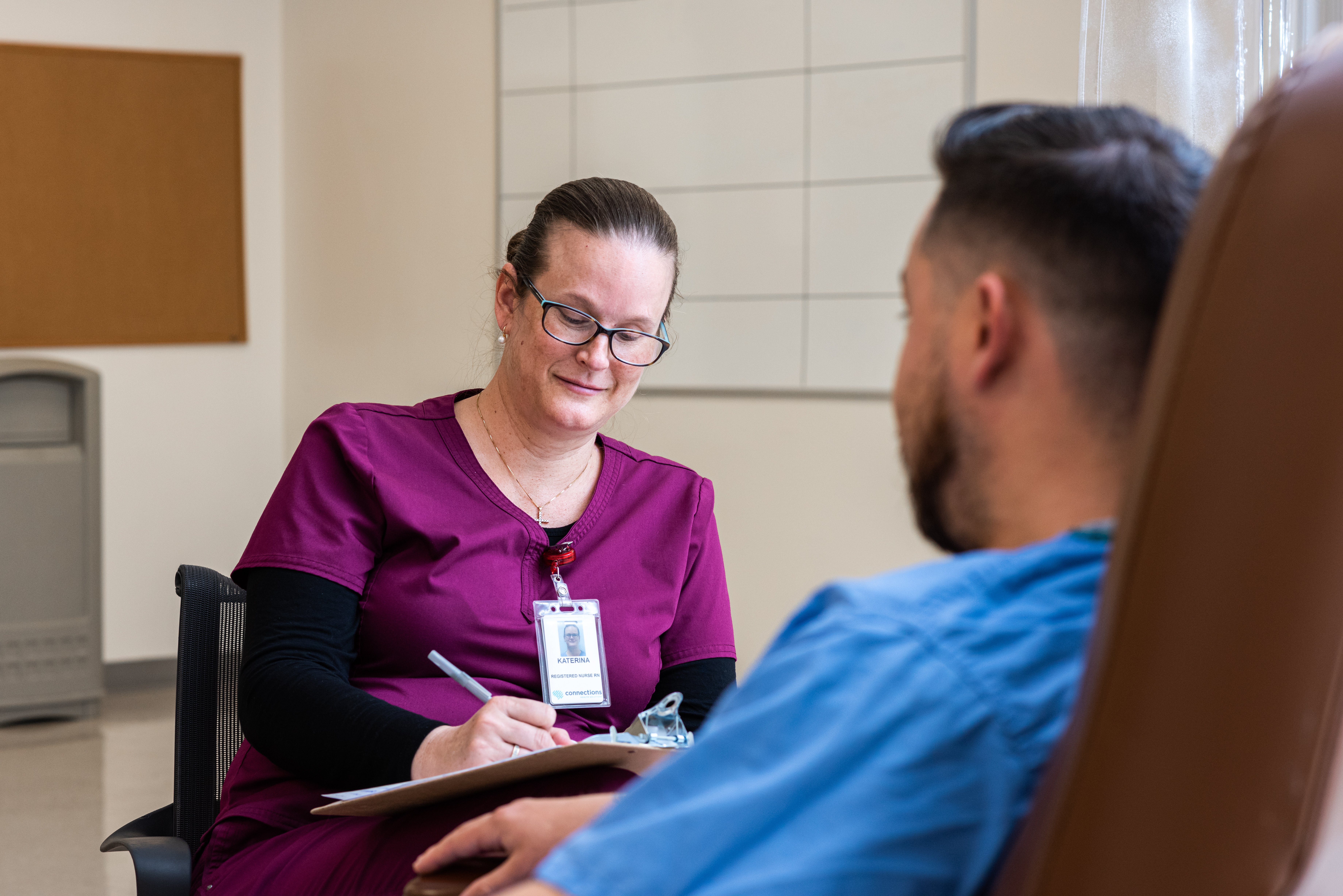
Crisis response requires a specialized, team-based approach to provide immediate, effective care. Connections’ recovery-oriented model is powered by a diverse team of professionals dedicated to stabilizing individuals and guiding them toward recovery. Through their collaboration, individuals in crisis receive the appropriate care at the right time.
Connections Health Solutions Feb 6, 2025 -
.jpg)
Effective mental health care thrives on continuous improvement, and data is a key driver of progress. By systematically collecting and analyzing information, organizations can refine their services, address gaps, and better support their communities. In today’s data-driven world, mobile crisis response teams are leveraging these insights to boost efficiency, reduce response times, and deliver more effective care to those in need.
Connections Health Solutions Jan 30, 2025 -

Addressing the behavioral health crisis requires a collaborative effort, as no single agency can tackle this challenge alone. Effective partnerships among stakeholders are essential for improving community outcomes, particularly for mobile crisis response teams, which can improve their efficiency and impact through collaboration.
Connections Health Solutions Jan 16, 2025 -
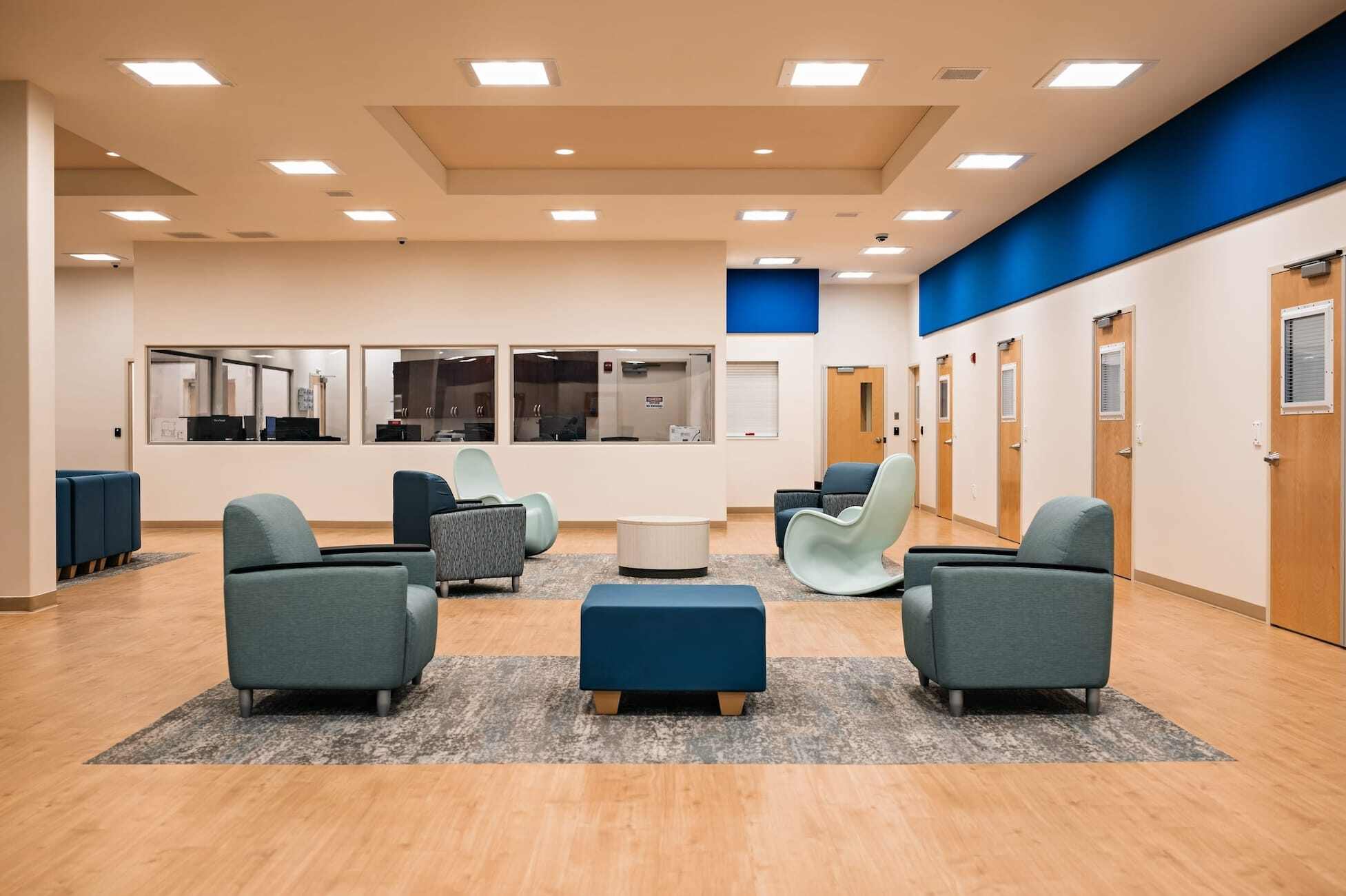
When developing a Request for Proposals (RFP) for crisis services, it's essential to provide potential providers with clear context about your community's needs. This ensures they can craft tailored proposals that effectively address local challenges. Here’s a cohesive look at the key elements to include in your RFP:
Connections Health Solutions Jan 9, 2025 -
.jpeg)
While rural areas are often celebrated for their natural beauty and close-knit communities, many are facing a pressing mental health crisis that affects their residents. The demand for accessible mental health care has become increasingly urgent, particularly as mental illness and suicide rates have increased. Accessing resources can be especially challenging in rural settings, where limited healthcare options and stigma deter individuals from seeking help. Many find themselves navigating a system that often leads them to emergency departments or county jails—spaces ill-equipped to address their behavioral health needs.
Connections Health Solutions Jan 8, 2025 -
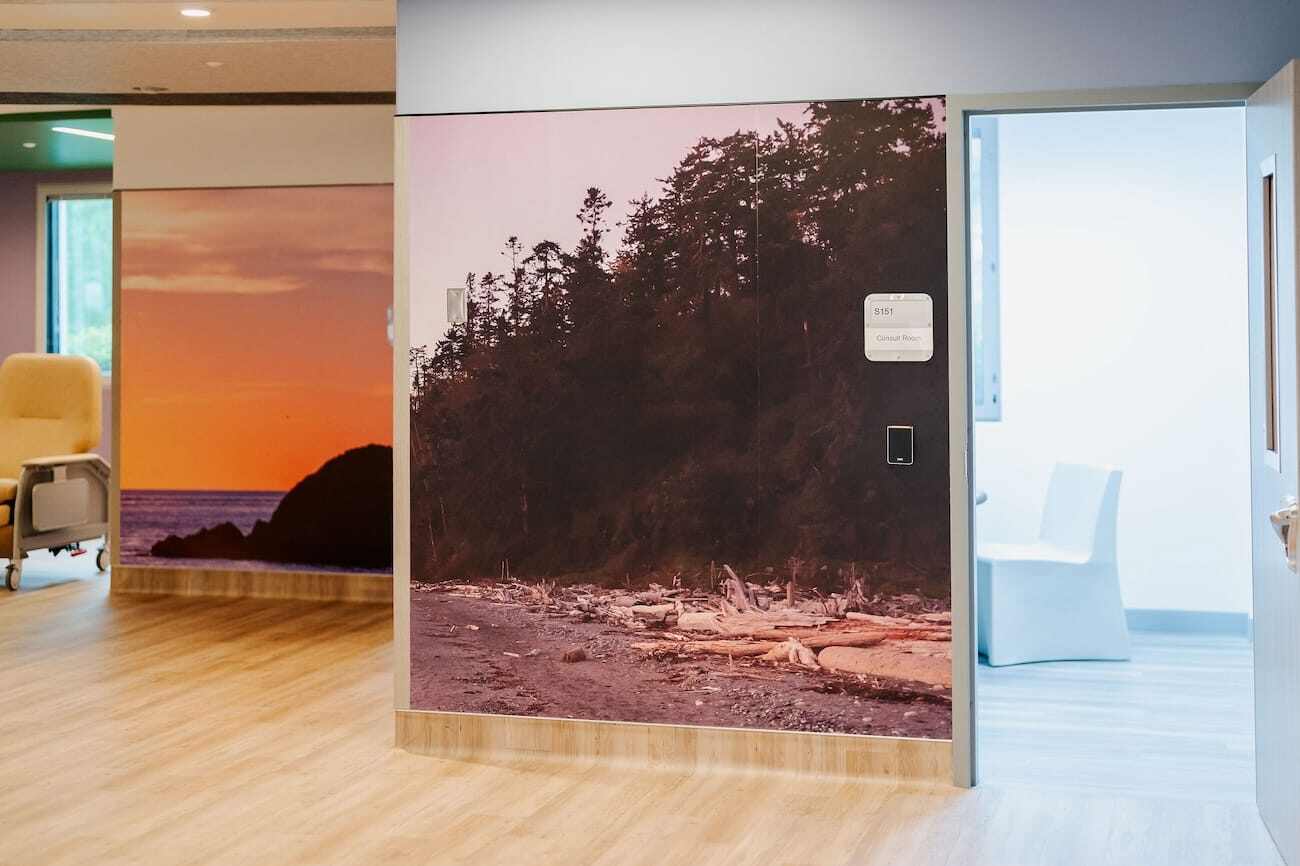
Creating a crisis response center involves strategic planning, expert input, and strong community engagement. Just like fire stations and police departments, these centers are vital for safely and effectively helping individuals in distress. Here’s how to ensure your crisis response center is designed for success:
Connections Health Solutions Nov 21, 2024 -
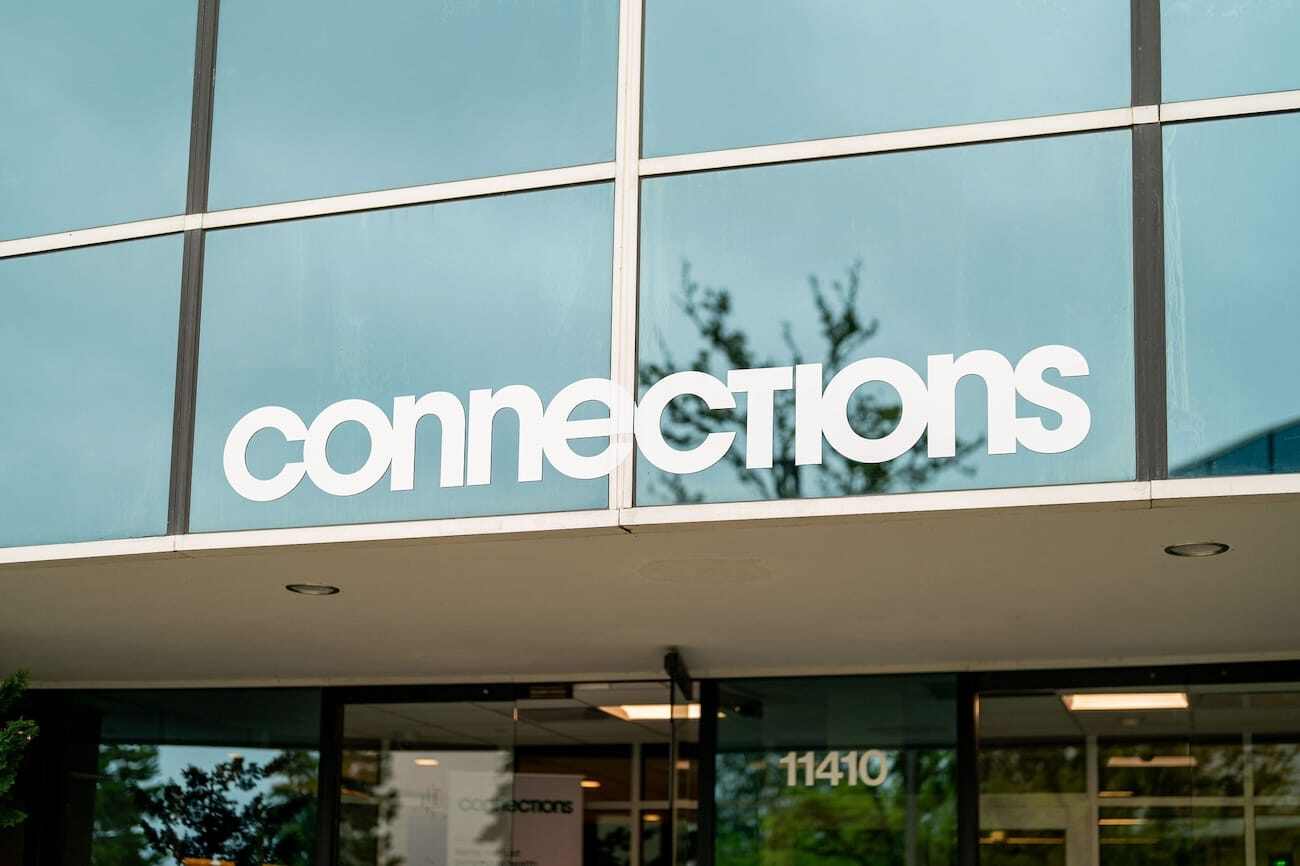
When preparing to release a solicitation for a crisis response center (CRC), it’s essential to focus on securing the necessary licensing and understanding regulatory requirements. Providing clear and detailed information about your community’s licensing framework is crucial for ensuring that potential providers can operate smoothly and without unexpected interruptions.
Connections Health Solutions Nov 13, 2024 -
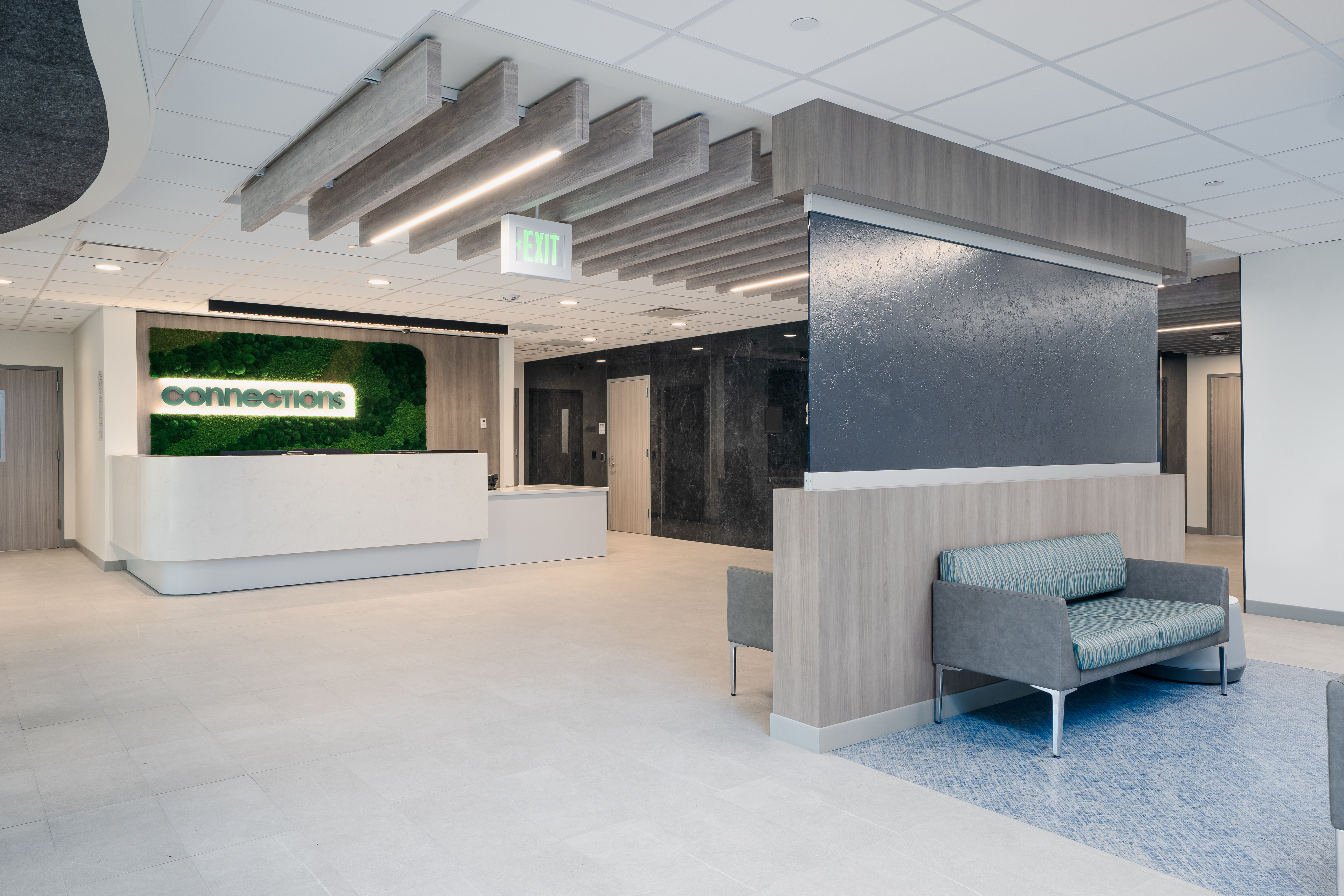
We are thrilled to announce that Connections Kirkland has been honored with the prestigious 2024 Senior Housing News (SHN) Architecture & Design Award in the Behavioral Health Category. This award recognizes the most innovative and thoughtfully designed behavioral health facilities, and we are incredibly proud that our center in Kirkland, Washington, has been selected as the winner.
Connections Health Solutions Nov 7, 2024 -
.jpg)
Establishing and maintaining a crisis response center is crucial for effective mental health care, but it requires a well-thought-out strategy to ensure financial sustainability. Many U.S. cities have not invested sufficiently in these essential services, highlighting a significant funding gap. The National Council for Mental Wellbeing underscores that crisis response centers are as vital as law enforcement and emergency medical services, demanding sustainable funding to function effectively.
Connections Health Solutions Nov 7, 2024 -

Writing a solicitation to identify a provider to build and/or operate a comprehensive crisis response center is a complex endeavor that requires a thorough review of the current crisis continuum in the community to identify any existing gaps and barriers. Before writing a Request for Proposal (RFP) for a crisis center response, local stakeholders must carefully consider the questions they will pose to potential respondents. These questions are crucial for ensuring that the selected provider aligns with community needs, adheres to national standards, and demonstrates a clear approach to care.
Connections Health Solutions Oct 31, 2024 -
.jpg)
Across the U.S., county governments are at the forefront of transforming behavioral health crisis response. The launch of the 988 Suicide and Crisis Lifeline, along with the growing presence of mobile crisis teams, has intensified the focus on establishing Crisis Response Centers (CRCs). These centers are vital for alleviating the burden on first responders, hospitals, and detention centers – which currently serve as a default solution for those in crisis.
With 75 percent of the U.S. population reliant on county-based behavioral health services through more than 750 county-supported or operated behavioral health authorities, it is essential that counties looking to partner on the operations of a CRC create concise and effective requests for proposals (RFPs).
Connections Health Solutions Oct 24, 2024 -
%20(1).jpg)
A well-designed crisis care system has the potential to transform how individuals in need access timely and appropriate support. Central to this vision are crisis centers, which provide immediate interventions for those experiencing behavioral health emergencies.
Connections Health Solutions Oct 16, 2024 -
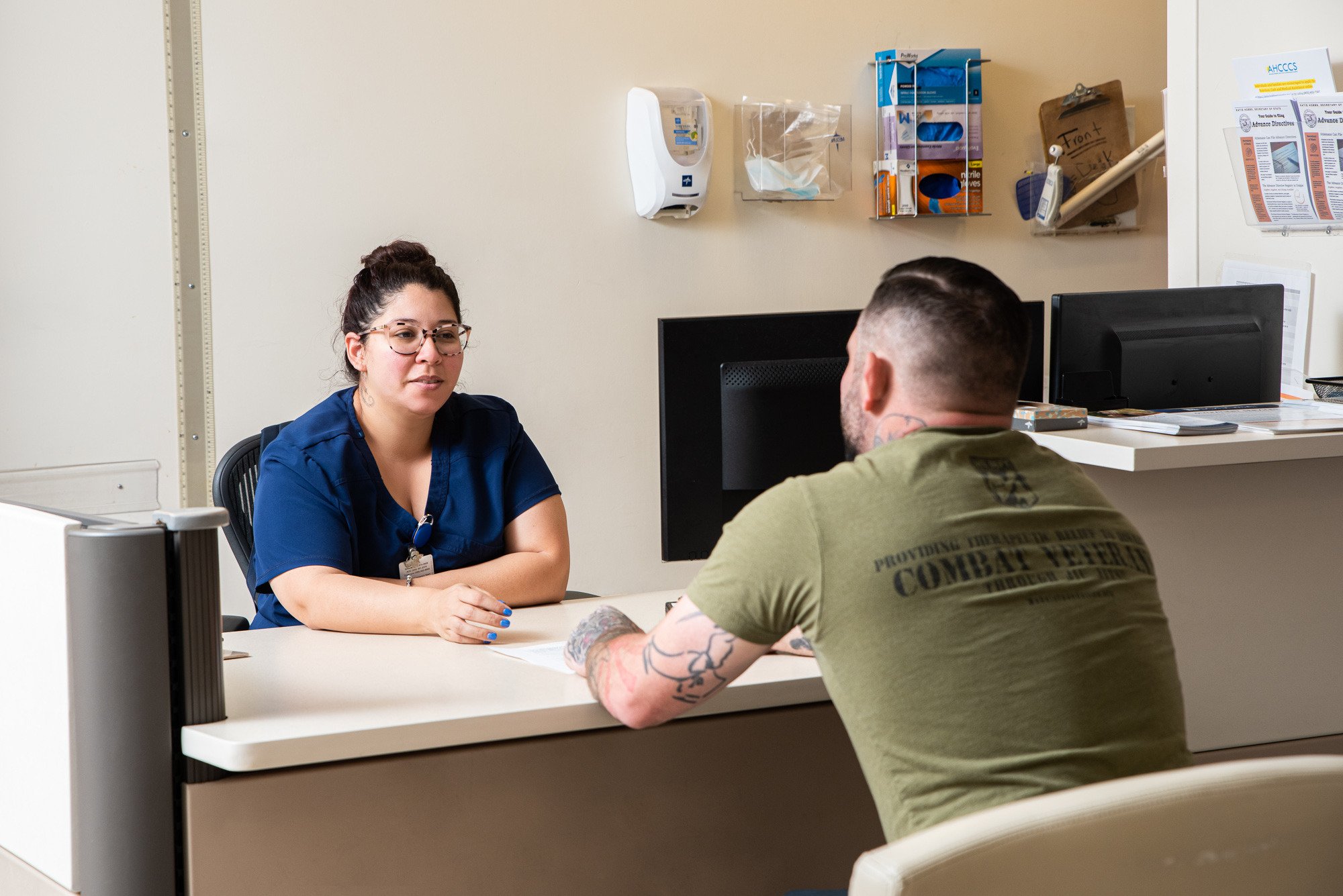
When a mental health crisis is averted, the journey to recovery is far from over. Comprehensive discharge planning is paramount to ensure individuals receive the ongoing support necessary for stabilization and to prevent future crises. A continuum of crisis programs, each tailored to varying levels of need, is essential for providing care in the least restrictive, most appropriate setting.
For those who no longer require intensive crisis intervention but still benefit from a supportive environment, lower acuity crisis programs offer a vital step-down level of care. These programs, often housed in home-like settings, provide a non-institutional atmosphere staffed primarily by peers and behavioral health clinicians. Services may include medically monitored detoxification or clinically managed sobering programs, depending on the facility's medical capabilities. Lengths of stay vary from under 24 hours in living rooms to several days or weeks in crisis residential programs. These programs play a crucial role in preventing or shortening inpatient admissions by offering a bridge to less intensive community-based services.
Urgent care clinics serve as a critical link to outpatient services, providing same-day access to assessment, crisis counseling, medication management, and care coordination. Staffed by psychiatrists, nurse practitioners, social services staff, and often peer support specialists, these clinics function as the front door to the crisis system. Individuals can receive immediate attention, with the option for admission to a higher acuity 23-hour observation unit if necessary. Without urgent care, individuals may face extended waits for outpatient appointments, allowing their condition to potentially escalate.
Comprehensive discharge planning from crisis programs must consider the individual's ongoing needs and the availability of services in their community. This includes connection to outpatient therapy, support groups, and case management services, as well as addressing basic needs like housing and financial stability. By coordinating with community providers and social services agencies, crisis programs can ensure a smooth transition and reduce the likelihood of future crises.
Investing in a continuum of crisis programs, from intensive intervention to lower acuity step-down services and urgent care, is essential for providing the right level of care at the right time. Comprehensive discharge planning is the thread that weaves these services together, setting the stage for sustained recovery.Connections Health Solutions Oct 8, 2024 -

When a mental health crisis strikes, every minute counts. Yet, during an emergency, individuals often face agonizing waits of a month or more for a therapy appointment, and even longer to see a psychiatrist. This delay can allow a precarious situation to escalate, necessitating an even higher level of care. Crisis response centers must integrate walk-in urgent care services to address this critical gap.
Connections Health Solutions Oct 2, 2024 -
.jpg)
Crisis stabilization units (CSU) provide inpatient-level care for individuals requiring secure, intensive monitoring beyond the 23-hour crisis observation period. Like inpatient units, CSUs feature 24/7 nursing, daily contact with psychiatrists, and an average three-to-five day stay. Having an on-site CSU ensures continuity of care, avoids treatment delays and duplicative efforts, and prevents individuals from being stuck in observation units due to inpatient bed availability.
Connections Health Solutions Sep 25, 2024 -
.jpg)
23-hour crisis observation units aim to quickly assess needs, initiate treatment, and plan for discharge to ensure ongoing stabilization in the least restrictive setting. An interdisciplinary team uses various interventions—such as medications, peer support, family involvement, and care coordination—to address crises and resolve psychosocial barriers.
Connections Health Solutions Sep 18, 2024 -
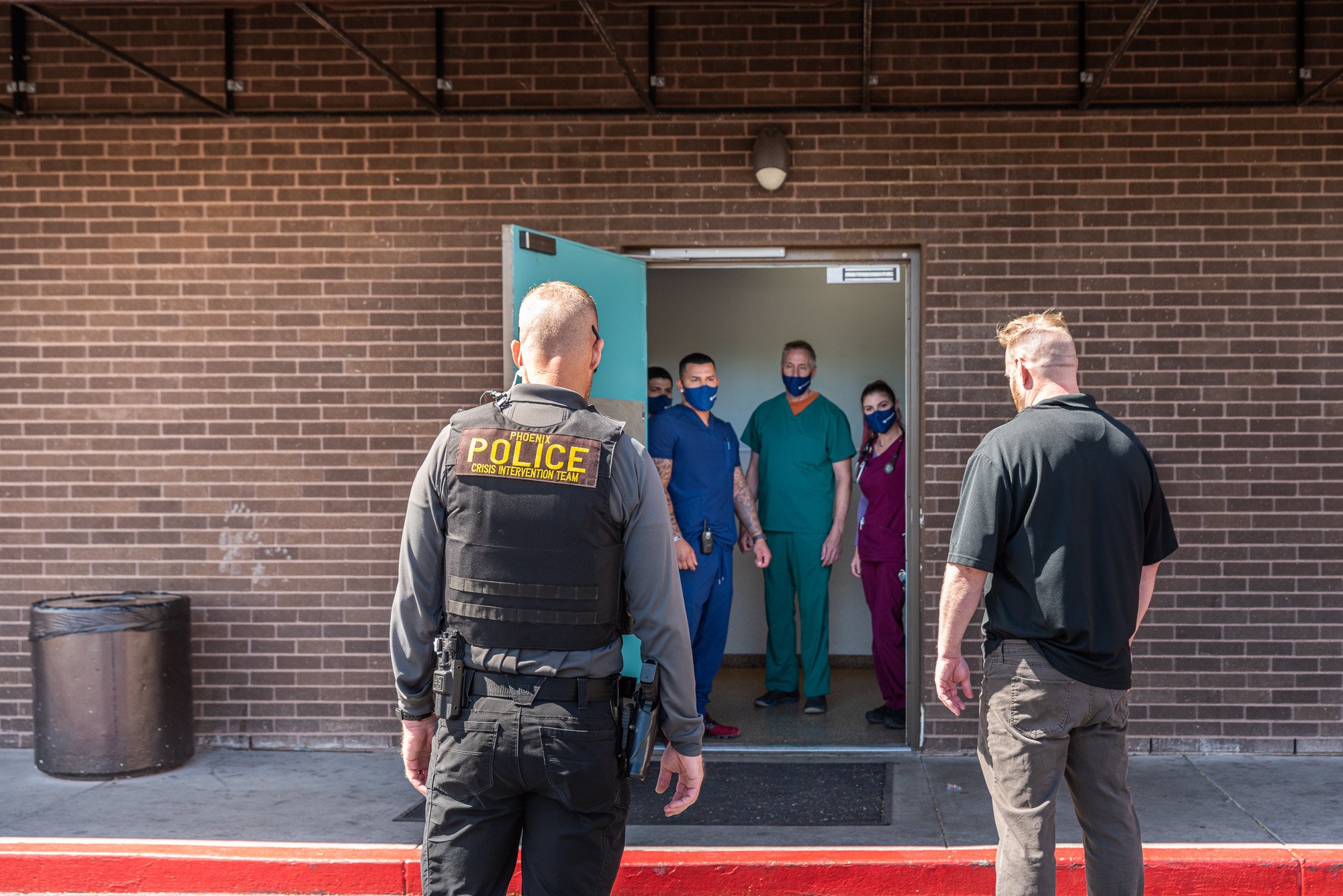
One of the core goals of crisis services is to reduce unnecessary emergency department visits and jail bookings by providing readily accessible behavioral health care. A dedicated receiving function at crisis centers plays a pivotal role in this mission, offering a 24/7 entry point for individuals in need through walk-ins, emergency department transfers, and direct drop-offs by first responders.
Connections Health Solutions Sep 11, 2024 -
.jpg)
The delivery of mental health services in emergency settings remains a significant challenge. Fragmented systems often struggle to provide the appropriate level of care at the critical moment when a person's crisis peaks. Comprehensive crisis centers offer a solution to this problem by integrating multiple levels of service within a single, coordinated system.
The "no wrong door" approach is central to the comprehensive crisis model. Irrespective of how an individual presents, the center is equipped to immediately initiate assessment and treatment. This eliminates the risk of a person in crisis being denied care due to lack of availability or inappropriate levels of service.
The comprehensive crisis center comprises four core components:Connections Health Solutions Sep 4, 2024 -
.jpg)
A well-designed crisis care system has the potential to transform how individuals in need access timely and appropriate support. Central to this vision are crisis centers, which provide immediate interventions for those experiencing behavioral health emergencies.
Connections Health Solutions Aug 28, 2024 -

Arizona has evolved its crisis response system over the past 15 years, establishing a model that emphasizes coordination, accessibility, and fiscal responsibility. At the heart of this transformation is a managed Medicaid structure, a robust funding strategy, and a commitment to treating individuals in the community.
Connections Health Solutions Aug 7, 2024 -
%20(1).jpg)
In the realm of mental health much has been done over the past few years to advance the crisis response system. Leading the charge is the state of Arizona, who has charted a remarkable course, sculpting a system with four key components that form the backbone of an effective crisis response system. Let's delve into these pillars that collectively contribute to a comprehensive and impactful system.
Connections Health Solutions Jul 17, 2024 -
-2.jpg)
A "No Wrong Door" crisis response center (CRC) is an approach that revolutionizes how first responders and law enforcement partners can help individuals in crisis get treatment instead of the alternative of jail or languishing in the emergency department (ED) waiting for a bed. Centers who operate as a “no wrong door” facility have become pivotal in reshaping the narrative around mental health emergencies.
Connections Health Solutions Jul 10, 2024 -

With an increase in fentanyl across the globe, Connections Health Solutions’ chief of quality and innovation officer, Dr. Margie Balfour, spoke to what Connections is doing and how crisis response centers can help.
“Part of our mission is to get people into treatment instead of in the justice system,” Dr. Balfour stated.
Connections Health Solutions Jul 3, 2024 -

In the United States, a community's response to a behavioral health crisis is often fragmented, inefficient, and inaccessible to those who need it most. In most communities, few treatment options are designed for and capable of safely managing the care of individuals in crisis. Additionally, the capacity of behavioral health services, both inpatient and outpatient, has struggled to keep up with rising patient volumes and requests for services. This challenge has been made worse by workforce shortages across the industry.
Connections Health Solutions Jun 20, 2024 -

As leaders in the behavioral health crisis care space, we often are asked, “What defines a crisis?”. At Connections, we believe a behavioral health crisis is determined by the individual. We describe it as an emergent situation where an individual finds themselves unable to cope with their thoughts, emotions, or circumstances. A failure to resolve such a situation could potentially endanger oneself or others. Common indicators of a crisis include struggling with suicidal thoughts, substance misuse, anxiety, psychosis, or social issues.
Connections Health Solutions Jun 4, 2024 -
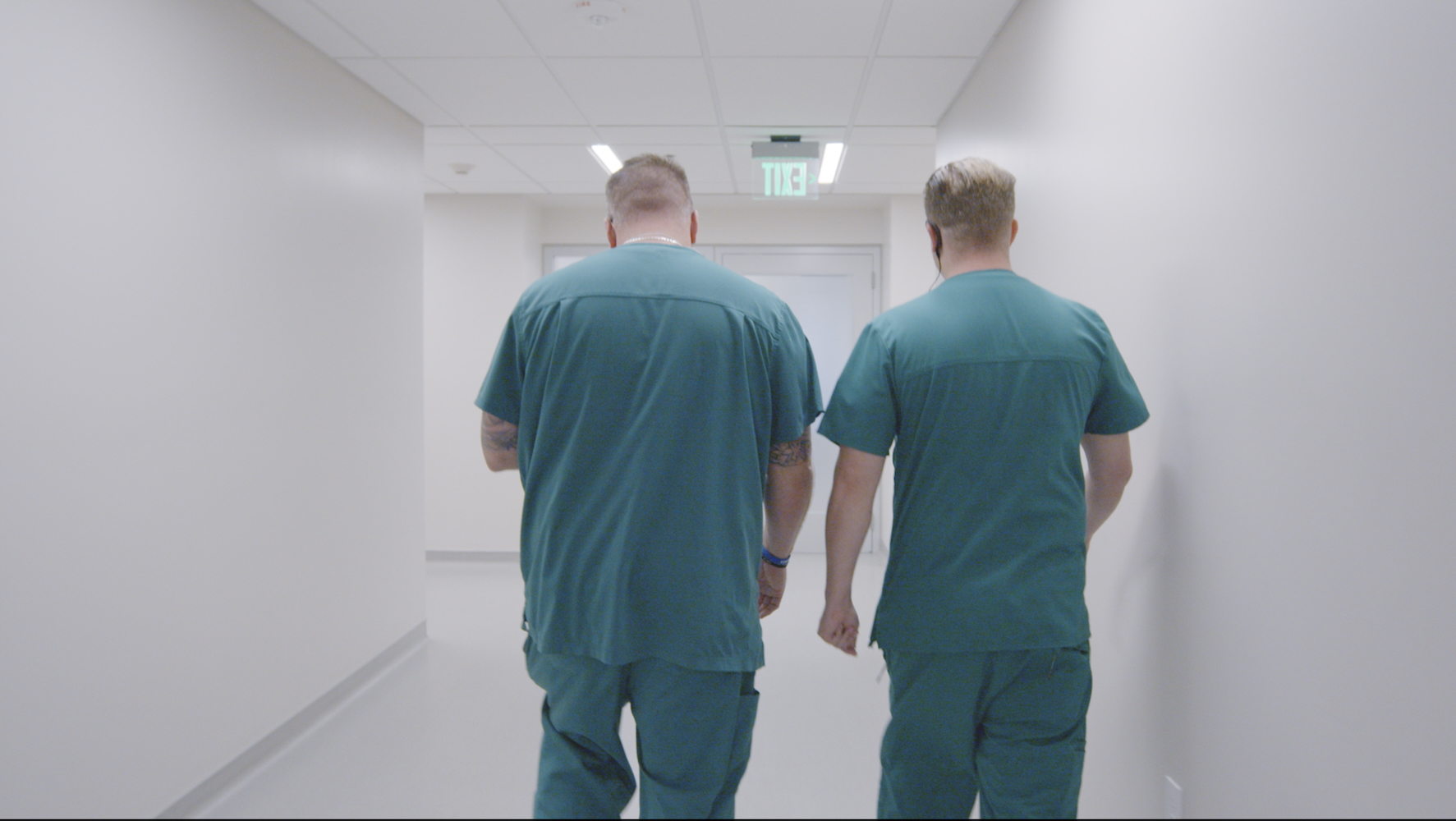
Delivering immediate, high quality behavioral health crisis care to people in need is a team effort. At Connections Health Solutions, our team is comprised of individuals who each possess a different background and level of expertise, from the mental health professionals who work in our centers to the members of law enforcement we collaborate with in the communities we serve throughout Arizona, Montana, and soon Virginia and Washington state. Peer support specialists bring a unique type of experience to crisis care, making them an invaluable member of the Connections care team, as well as a person’s journey.
Connections Health Solutions May 29, 2024 -

In the United States, the increasing demand for behavioral healthcare among youth is met with challenges, leading to unnecessary hospital visits and prolonged stays in inpatient facilities. Limited community resources often result in disproportionate school discipline or justice system involvement for youth with behavioral health needs. SAMHSA created behavioral health crisis care guidelines to improve outcomes for youth and their families.
Connections Health Solutions Feb 29, 2024
Sign Up For Our Newsletter
Discover the latest news about Connections and best practices in behavioral health care.
Stay up-to-date with critical insights for our communities, managed care organizations, providers, and more.
%20(4).png)
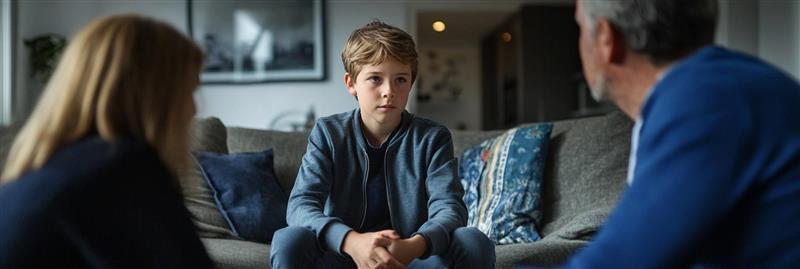


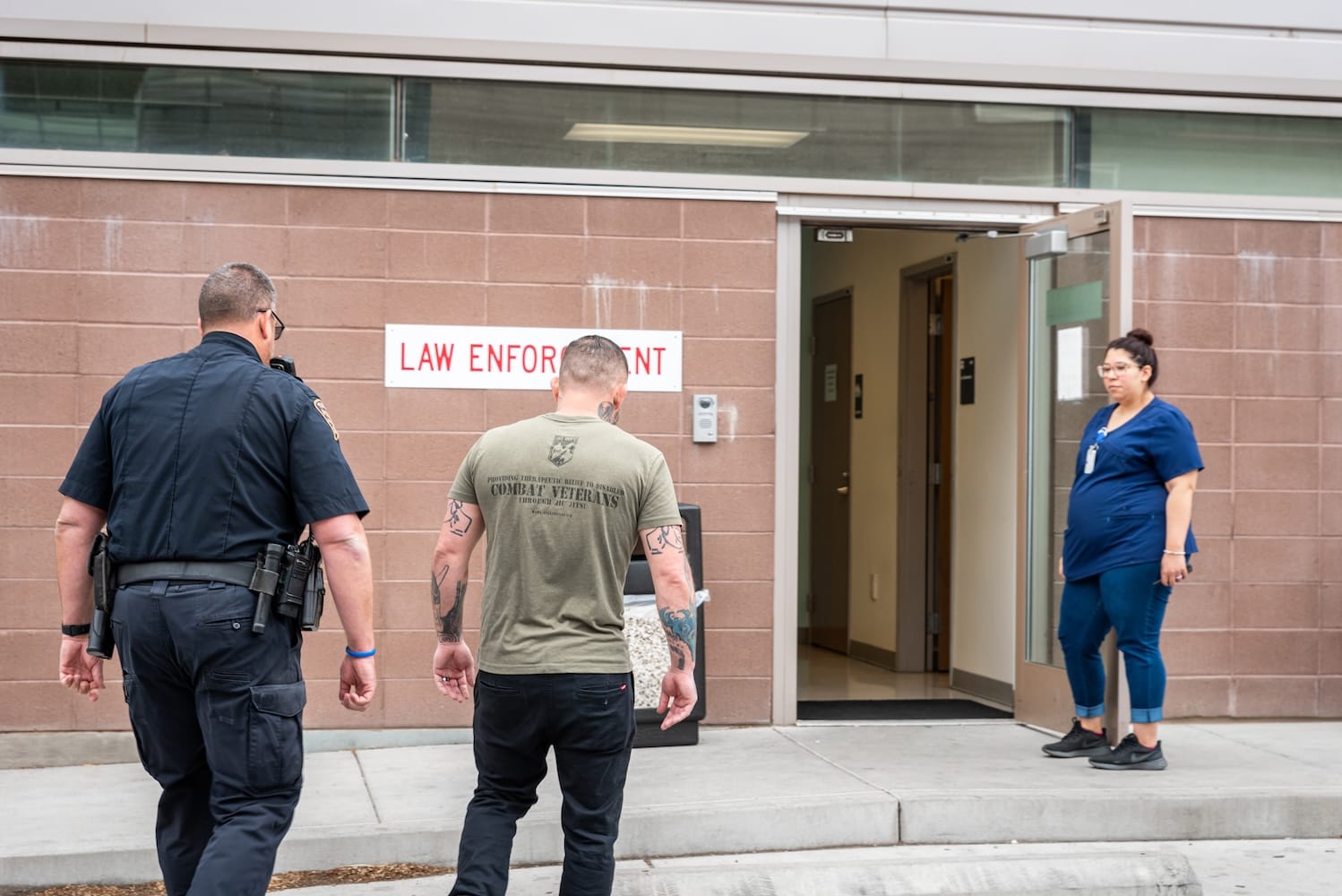
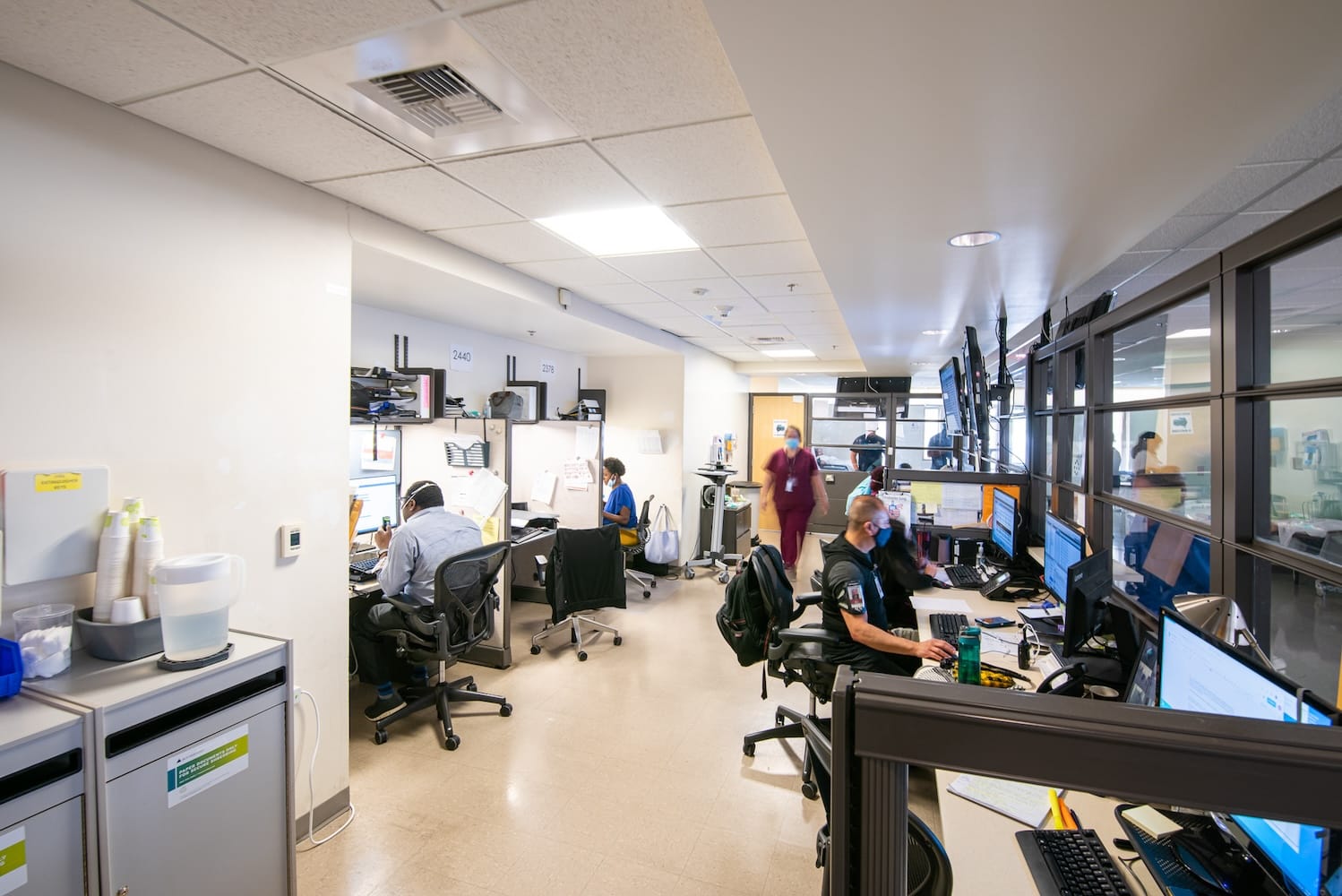
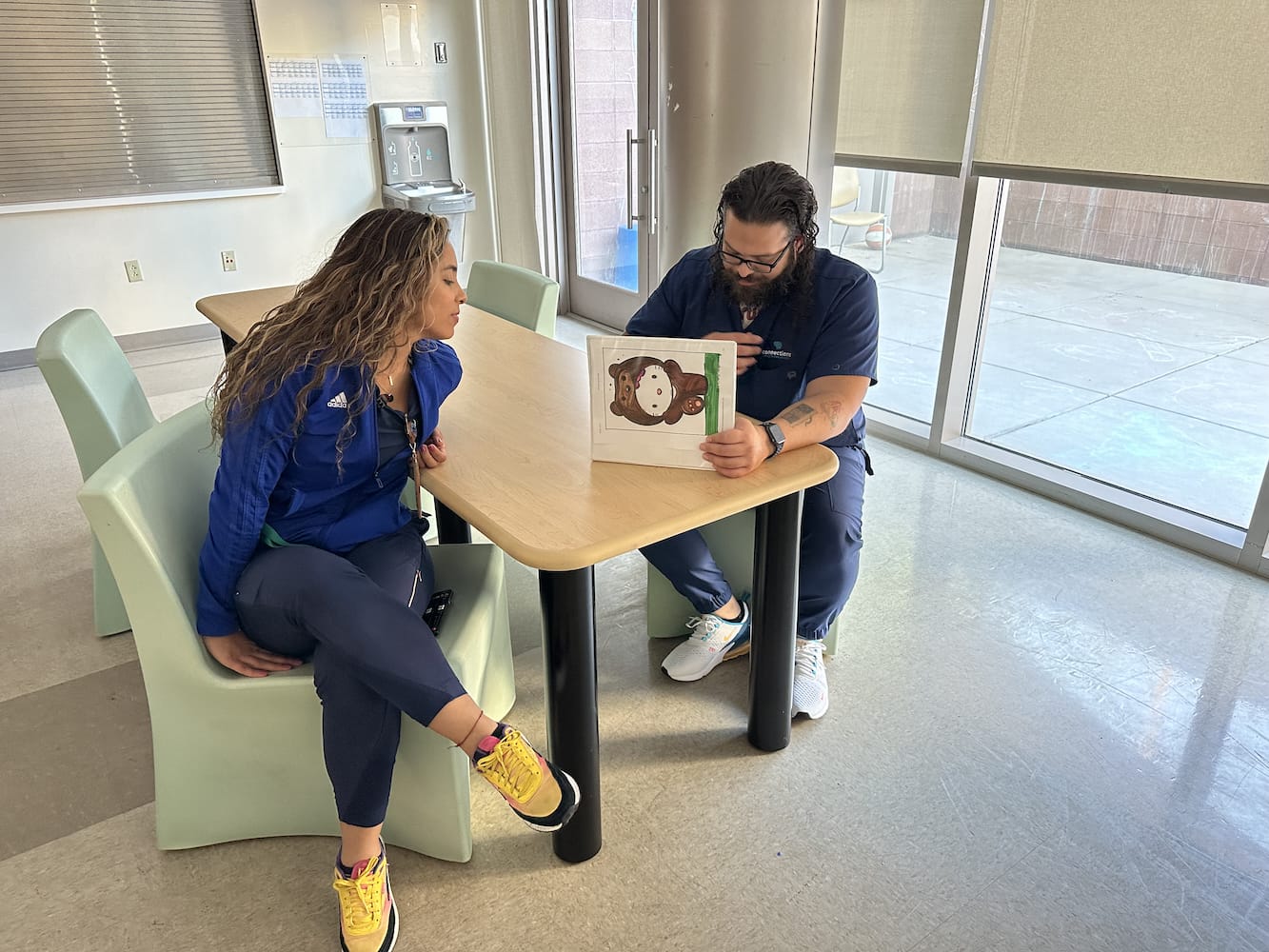
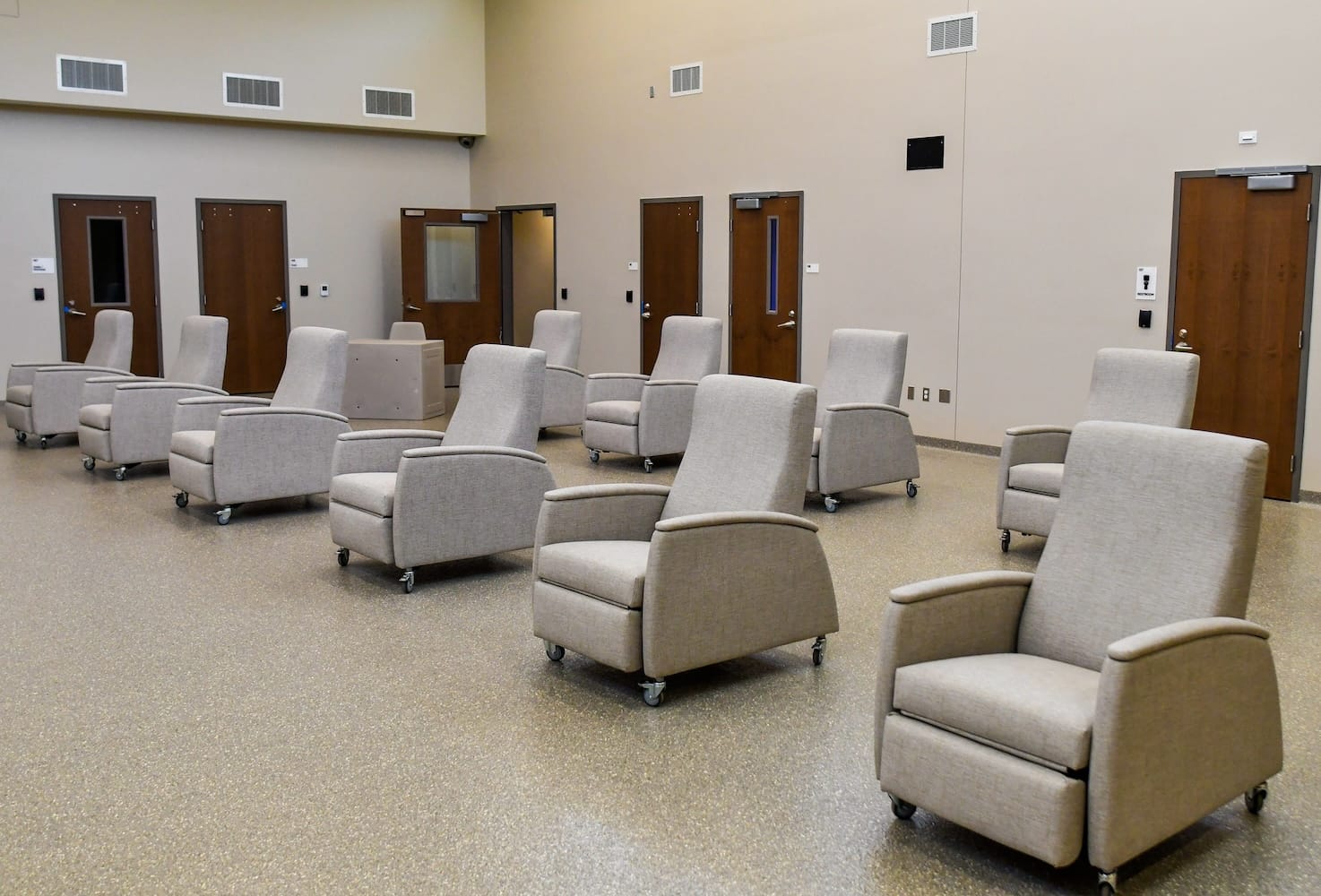
.jpg)
